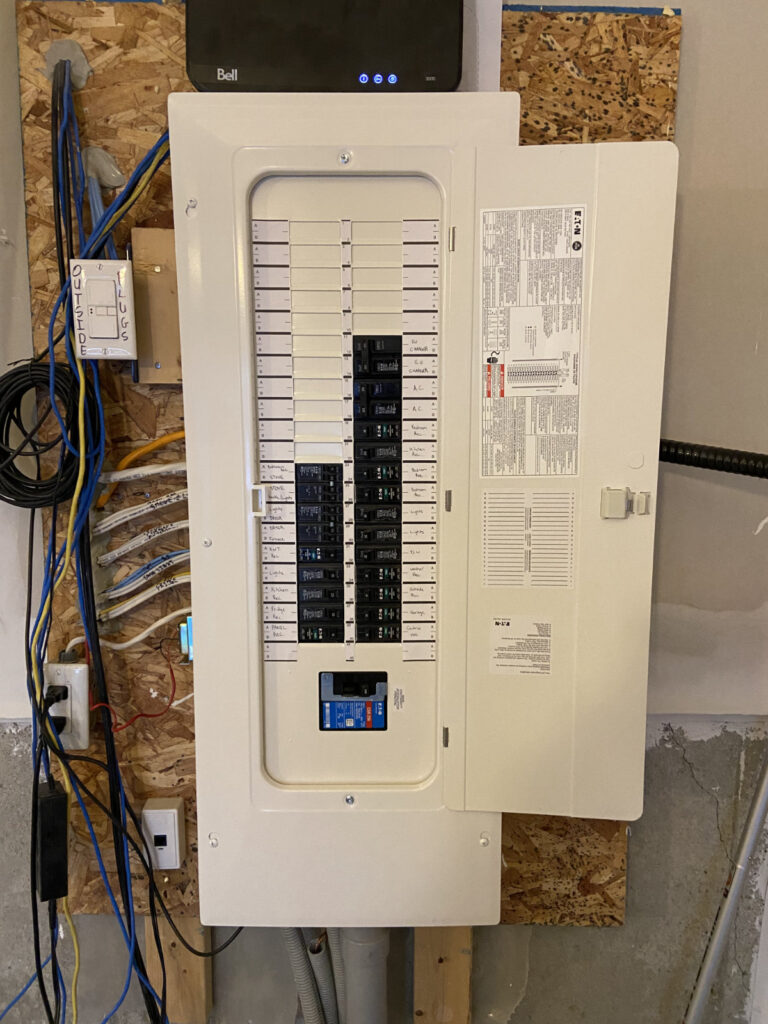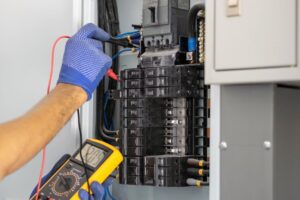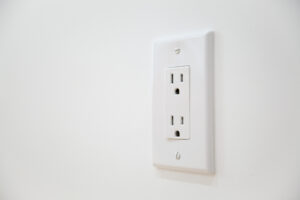Although fuses and breakers perform the same essential function, they are two distinct pieces of electrical equipment. It’s important to understand the differences between these two components in order to properly assess your home wiring and choose the right piece of equipment for any job. In this article, we will explain the basics of fuses and breakers and discuss how they differ from one another. We will also provide helpful tips on how to select the right piece of equipment for your particular electrical needs.
What is a Fuse?
A fuse is a device that is used to protect an electrical circuit from overload by breaking the circuit when too much current flows through it. Fuses are made of a metal wire that melts when too much current flows through it, which breaks the circuit and prevents damage to the electrical system.
Fuses are rated in amperes, and they come in different sizes for different types of circuits. The size of the fuse will determine how much current it can handle before it blows. A 20-amp fuse, for example, can handle up to 20 amps of current before it will blow.
When a fuse blows, it must be replaced with a new one that is the same size as the old one. It is important to not put a larger fuse in place of a smaller one, as this can cause serious damage to your electrical system.

What is a Breaker?
A breaker is an electrical switch that automatically interrupts electric current in the event of an overload or other problem. This helps to prevent damage to wiring and other electrical components. Unlike a fuse, which must be replaced after it has been tripped, a breaker can be reset (turned back on) once the problem has been addressed.

The Difference between Fuses and Breakers
Fuses and breakers are two types of devices that are used to protect electrical circuits. Fuses are made of a metal wire that melts when there is too much current flowing through it. This interrupts the flow of electricity and prevents the circuit from being damaged. Breakers, on the other hand, have a switch that is activated when there is too much current flowing through the circuit. This switch then breaks the circuit, interrupting the flow of electricity and preventing damage to the circuit.

Why you should upgrade from fuses to breakers
There are a few reasons why you may want to upgrade from fuses to breakers. For one, breakers are more durable and can handle more current than fuses. This means that they are less likely to blow and can be reset more easily in the event of an overload. Additionally, breakers are rated in amps, which means that they can handle more current than fuses. This is especially important when it comes to protecting high-power circuits, such as those used in appliances and motors.
Call an electrician to evaluate
If you’re not sure which type of electrical protection your home has, or if you think it might be time for an upgrade, contact us to evaluate your system. We can help make the right recommendations for any needed repairs or upgrades.






